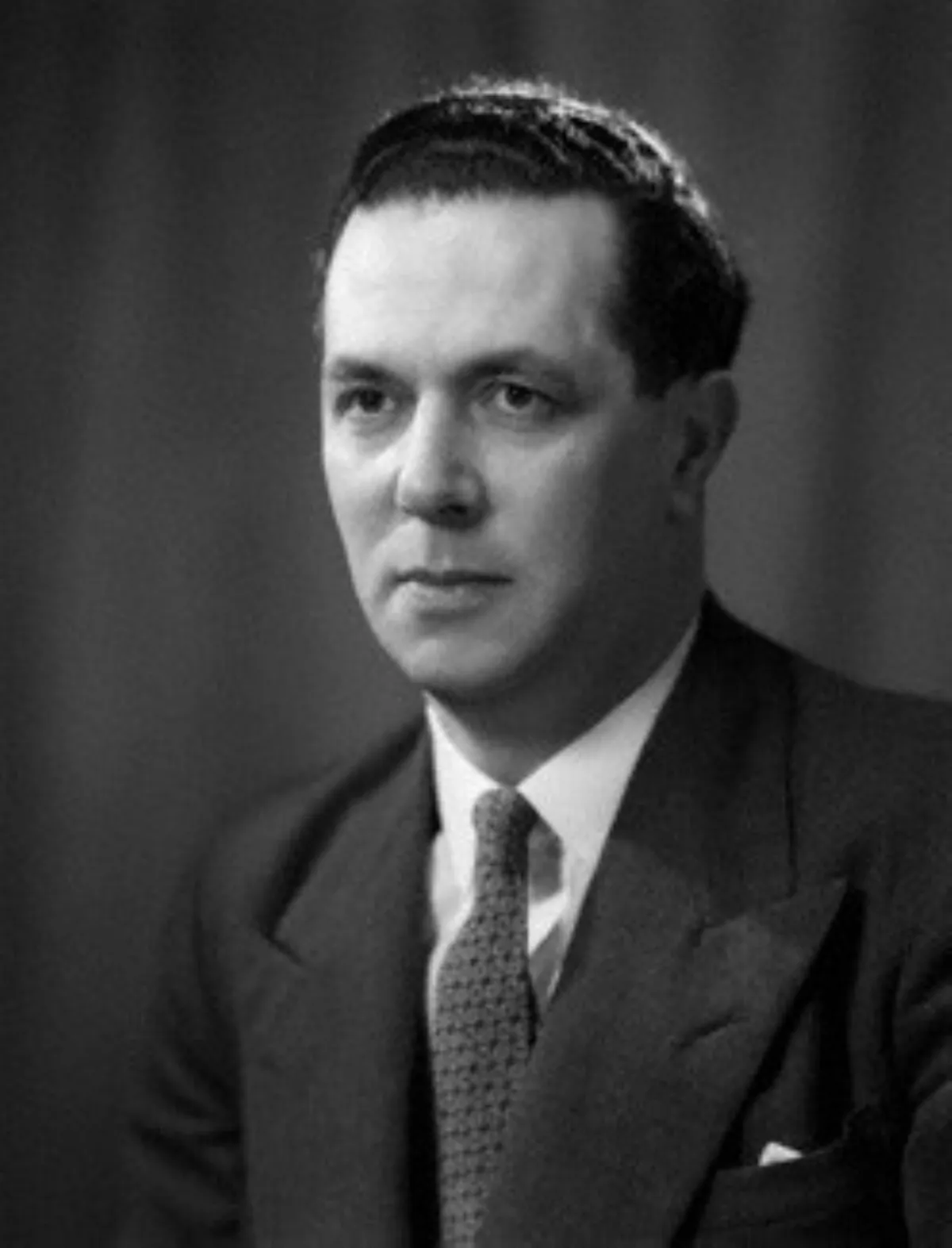 1.
1. Keith Joseph was a key influence in the creation of what came to be known as Thatcherism.

 1.
1. Keith Joseph was a key influence in the creation of what came to be known as Thatcherism.
Keith Joseph co-founded the Centre for Policy Studies writing its first publication: Why Britain needs a Social Market Economy.
Keith Joseph was born in Westminster, London, to a wealthy and influential family, the son of Edna Cicely and Samuel Keith Joseph.
Keith Joseph was educated at Lockers Park School in Hemel Hempstead in Hertfordshire, followed by Harrow School, where, uncharacteristically, he did not do particularly well academically.
Keith Joseph then attended Magdalen College, Oxford, where he read jurisprudence, obtaining first class honours.
Keith Joseph was elected a Prize Fellow of All Souls College, Oxford in 1946.
Keith Joseph was a Director of Bovis, becoming chairman in 1958, and became an underwriter at Lloyd's of London.
In 1945, Keith Joseph joined the leadership of the Post-War Orphans' Committee of the Central British Fund for German Jewry.
Keith Joseph failed to be elected to the marginal seat of Barons Court in West London by 125 votes in the 1955 election.
Keith Joseph was elected to parliament in a by-election for Leeds North East in February 1956.
Keith Joseph was swiftly appointed as a Parliamentary Private Secretary.
Keith Joseph introduced a massive programme to build council housing, which aimed at 400,000 new homes per year by 1965.
Keith Joseph wished to increase the proportion of owner-occupied households, by offering help with mortgage deposits.
Housing was an important issue at the 1964 election and Keith Joseph was felt to have done well on television in the campaign.
In opposition, Keith Joseph was spokesman on Social Services, and then on Labour under Edward Heath.
Keith Joseph was one of twelve founder members of the National Council for the Single Woman and Her Dependants on 15 December 1965.
Keith Joseph's largest intervention was a proposed major reform of the British pension system.
Whilst the State Pension would have survived the reforms, Keith Joseph instead planned for workers to contribute towards occupational schemes provided by employers.
Keith Joseph became interested in the economic theory of monetarism as formulated by Milton Friedman and persuaded Thatcher to support it.
In 1976, Keith Joseph delivered his famous Stockton lecture on the economy Monetarism Is Not Enough in which he sought to discredit previously dominant Keynesian economic strategies and contrasted wealth-producing sectors in an economy, such as manufacturing, with the service sector and government, which tend to be wealth-consuming.
Keith Joseph contended that an economy begins to decline as its wealth-producing sector shrinks.
Keith Joseph linked it to current theories of the culture of poverty, especially to the chaotic lifestyle of the poorest people.
In Thatcher's Shadow cabinet, Keith Joseph wanted to be Shadow Chancellor of the Exchequer, but that was impossible since his notorious 1974 speech.
Keith Joseph had a large impact on the Conservative manifesto for the 1979 election, but frequently, a compromise had to be reached with Heath's more moderate supporters, such as Jim Prior.
Keith Joseph began to prepare the many nationalised industries for privatisation by bringing in private sector managers such as Ian MacGregor but was still forced to give large subsidies to those industries making losses.
Keith Joseph emerged unscathed from the Brighton hotel bombing during the Conservative Party Conference in 1984.
Keith Joseph was the primary influence on the Education Act 1986, enacted soon after his resignation as secretary, which abolished corporal punishment in most schools, established regular parents' meetings, and increased parents' influence in school governance.
Keith Joseph stepped down from the Cabinet in 1986, and retired from Parliament at the 1987 election.
Keith Joseph was appointed to the Order of the Companions of Honour in 1986.
Keith Joseph received a life peerage in the dissolution honours, being created Baron Joseph, of Portsoken in the City of London on 12 October 1987.
Later, his private secretary asked for minutes of a meeting to be amended to remove reference to explicit economic regeneration as Keith Joseph believed "it is by no means clear that any such strategy could lead to a viable economic entity".
Keith Joseph knew his own limitations, remarking of the prospect of his becoming Leader of the Conservative Party that "it would have been a disaster for the party, country, and me", and he rated himself a failure in office.
Keith Joseph was married twice: first, in 1951, to Hellen Guggenheimer, with whom he had four children.